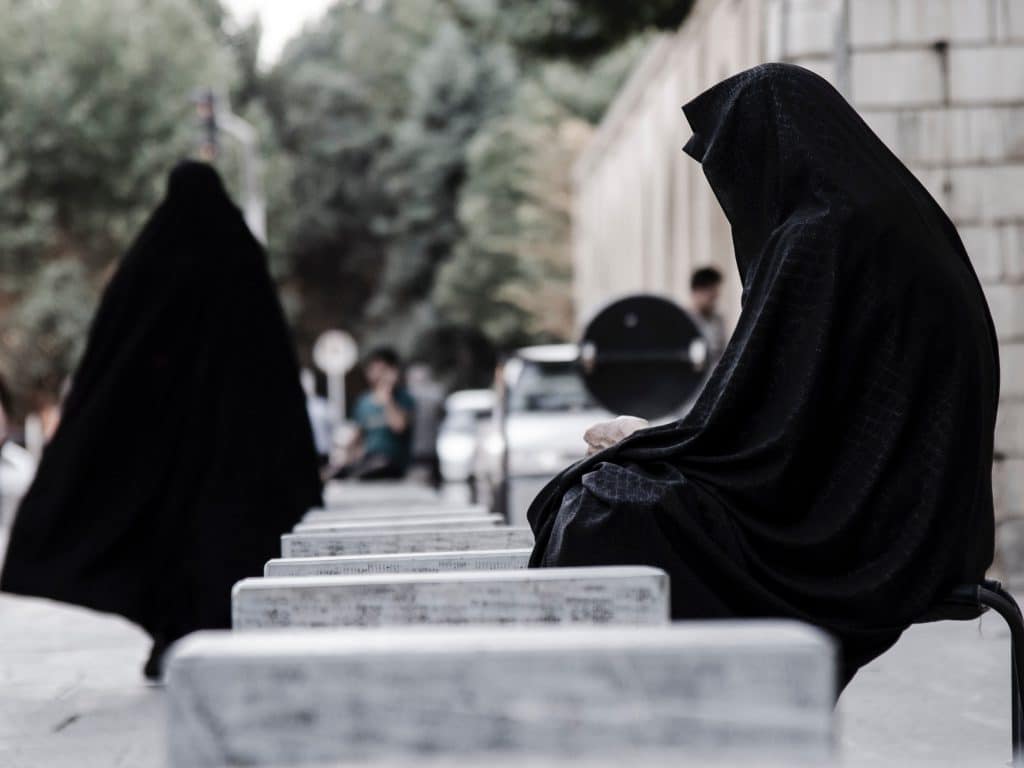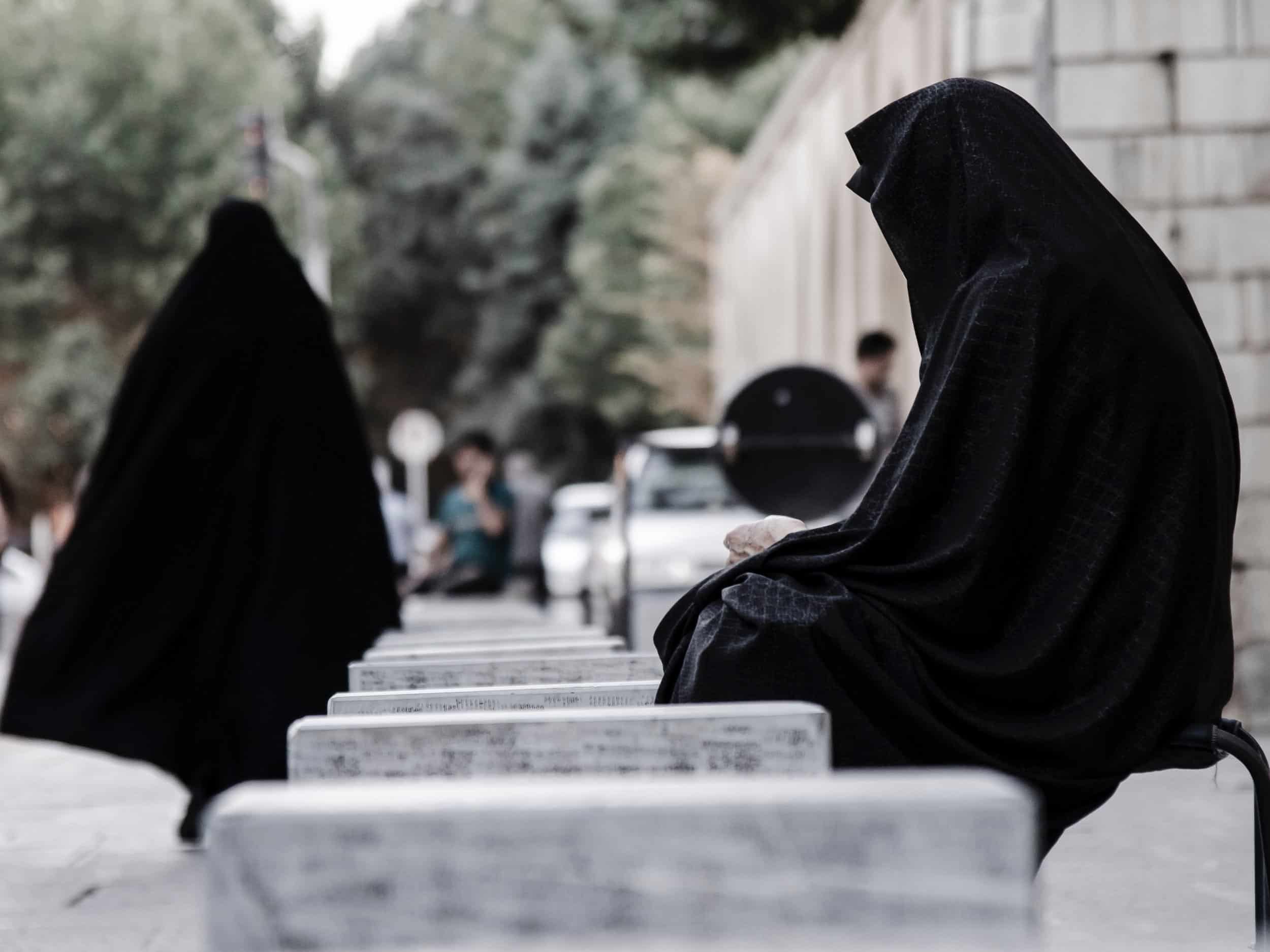
Saudi Arabia is making strides to give women more rights
Lauren Dibble, Staff Writer
Photo courtesy of unsplash.com
The crown prince of Saudi Arabia, Mohammed bin Salman, has enforced a series of social and economic changes that will give more freedom to women in Saudi Arabia.
On March 18, CBS News aired an episode of “60 Minutes” about the prince and where he hopes to take Saudi Arabia. In light of March being national women’s month, he spoke about his views on equality between men and women.
Prince Mohammed explained that he believes women are equal to men and said, “We are all human beings and there is no difference.” Under the prince’s authority, Saudi Arabian women could potentially have a new way of life that offers more personal rights.
According to New York Times, Prince Mohammed’s rise to power has been accompanied by a loosening of restrictions on women’s dress and an expansion of their role in the work force.
First Post reported that “the women-only branch of the municipality will provide all the regular services offered by municipalities, including issuance of licences for commercial activities and construction permits, inspection campaigns and investment opportunities, among others.”
While there are still rules in place that give male relatives control over aspects of women’s lives, Saudi Arabian government has worked on regulations to ensure equal pay.
In addition to equal pay, on Sept. 26, 2017, Saudi Arabia announced that women would soon be allowed to drive. Starting June 2018, they will no longer need permission from their male guardian to get a driver’s license and won’t need their guardian in the car when they drive, according to DW.
North Greenville University’s women’s history professor, Rosemary Thrasher, believes that understanding the history of women is critical in order to understand the equality of rights they deserve.
“It’s important for people to understand what was going on with women in the world before they were in history books. Women’s history focuses a lot on the right to vote both in America as well as in other countries,” Thrasher said. For Saudi Arabia, women weren’t given the right to vote until 2015.
Thrasher explained that she tries to teach her classes from a positive outlook on the successes of women’s history and how far they have come. She hopes to someday be able to teach a course that looks at global women’s history. “I want my students to have a class where they can learn about other countries and how their women got reforms,” she said.
Thrasher believes that “men and women ought to both be respected; they ought to both be treated equally. I’m very proud of how far women have come [in the U.S.]… so hopefully we will see some good progress in Saudi Arabia because of this prince.”

